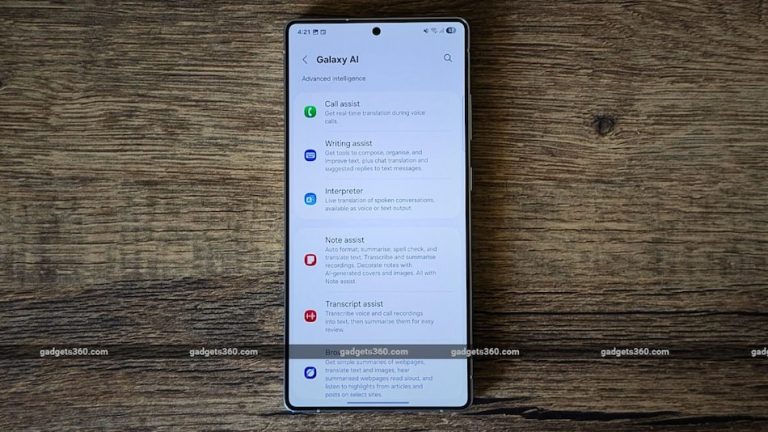
Technological Innovations Shaping 2025: A New Era of Progress
Technological innovations are transforming our world at an unprecedented rate. As we enter 2025, it’s clear that this year will be marked by significant advancements in various fields, from artificial intelligence to the Internet of Things. In this article, we’ll explore the most notable technological innovations shaping 2025 and their potential impact on our lives.
Artificial Intelligence (AI) and Machine Learning (ML)
AI and ML are no longer just buzzwords; they’re becoming an integral part of our daily lives. From virtual assistants to self-driving cars, these technologies are revolutionizing the way we interact with machines. In 2025, we can expect to see even more sophisticated AI-powered systems that can learn, adapt, and make decisions autonomously.
One of the most significant applications of AI and ML is in the field of healthcare. AI-powered algorithms can analyze medical images, diagnose diseases, and develop personalized treatment plans. This can lead to better patient outcomes, improved disease prevention, and more efficient healthcare systems.
The Internet of Things (IoT)
The IoT refers to the network of physical devices, vehicles, home appliances, and other items that are embedded with sensors, software, and connectivity, allowing them to collect and exchange data. In 2025, the IoT is expected to become even more pervasive, with an estimated 50 billion connected devices worldwide.
The IoT has numerous applications, from smart homes and cities to industrial automation and transportation systems. It can help us optimize energy consumption, reduce waste, and improve public safety. However, it also raises concerns about data security, privacy, and the potential for cyber attacks.
5G Networks and Edge Computing
The rollout of 5G networks is transforming the way we communicate and access information. With speeds up to 100 times faster than 4G, 5G enables seamless video streaming, online gaming, and immersive experiences like augmented and virtual reality.
Edge computing is another technology that’s gaining traction in 2025. By processing data closer to the source, edge computing reduces latency, improves real-time decision-making, and enhances the overall user experience. This is particularly important for applications like autonomous vehicles, smart homes, and industrial automation.
Quantum Computing and Cybersecurity
Quantum computing is a new paradigm for computing that uses the principles of quantum mechanics to perform calculations. In 2025, we can expect to see significant advancements in quantum computing, with potential applications in fields like cryptography, optimization, and materials science.
However, the rise of quantum computing also raises concerns about cybersecurity. Quantum computers can potentially break certain types of encryption, compromising sensitive data and communication networks. Therefore, it’s essential to develop new quantum-resistant encryption methods and cybersecurity protocols to protect against these threats.
Conclusion
In conclusion, 2025 is shaping up to be a year of significant technological innovations. From AI and ML to the IoT, 5G networks, edge computing, quantum computing, and cybersecurity, these advancements have the potential to transform our world and improve our lives. As we embark on this journey, it’s essential to address the challenges and concerns associated with these technologies and ensure that their benefits are equitably distributed.
